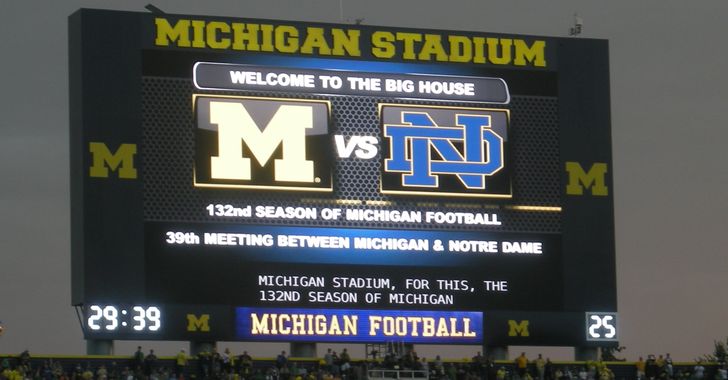President Trump's third nominee to the Supreme Court, Amy Coney Barrett, was confirmed on a mostly party-line vote of 52-48. Of note is that the senators who voted to confirm Barrett represent 13.5 million fewer Americans than the 48 senators who opposed her.
Amy Coney Barrett was confirmed by a slim 52-48 vote. The 48 senators who voted against Barrett represent 13.5 mil… https://t.co/hcBLSgmCek— Vox (@Vox) 1603759527
This instance bears striking resemblance to the 2016 election where, as Vox points out, "President Trump lost the national popular vote to Democratic nominee Hillary Clinton. He lost it by a lot — 2,865,075 votes, to be precise."
With this confirmation, as with the election of Trump in 2016, there's a disconnect highlighted in America's democratic process. Whether the majority of voters go in favor of a candidate or not doesn't entirely matter. In terms of Barrett's nomination, there is no popular vote. Justices are nominated by the sitting President and voted in by the Senate, and with the Senate currently held by the Republican Party, Trump's nomination was surely going to be confirmed by that majority.
Vox points out that "if the Senate did not give Wyoming the same number of senators as California — despite the fact that California has more than 68 times as many people as Wyoming — Barrett would not have been confirmed."
This is obviously a glaring imbalance in the nomination process. It means that despite some senators representing a larger pool of Americans, the nominations might fall out of alignment with what the majority of Americans would want.
Barrett, who was sworn in on Monday night, is a conservative and holds an "originalist" view of the Constitution. According to the National Constitution Center, "originalists believe that the constitutional text ought to be given the original public meaning that it would have had at the time that it became law."
Her views, beliefs, and votes will be in stark contrast to those of the late Ruth Bader Ginsburg, whose vacancy Barrett is filling, and the Supreme Court will likely experience a drastic shift to a more conservative ideological tilt. Supreme Court Justices serve a lifetime term unless they resign or are impeached and removed — which has never happened in American history.









 Photo by
Photo by 









































